Holmes continues work to educate public on medical aid in dying proposal
- Details
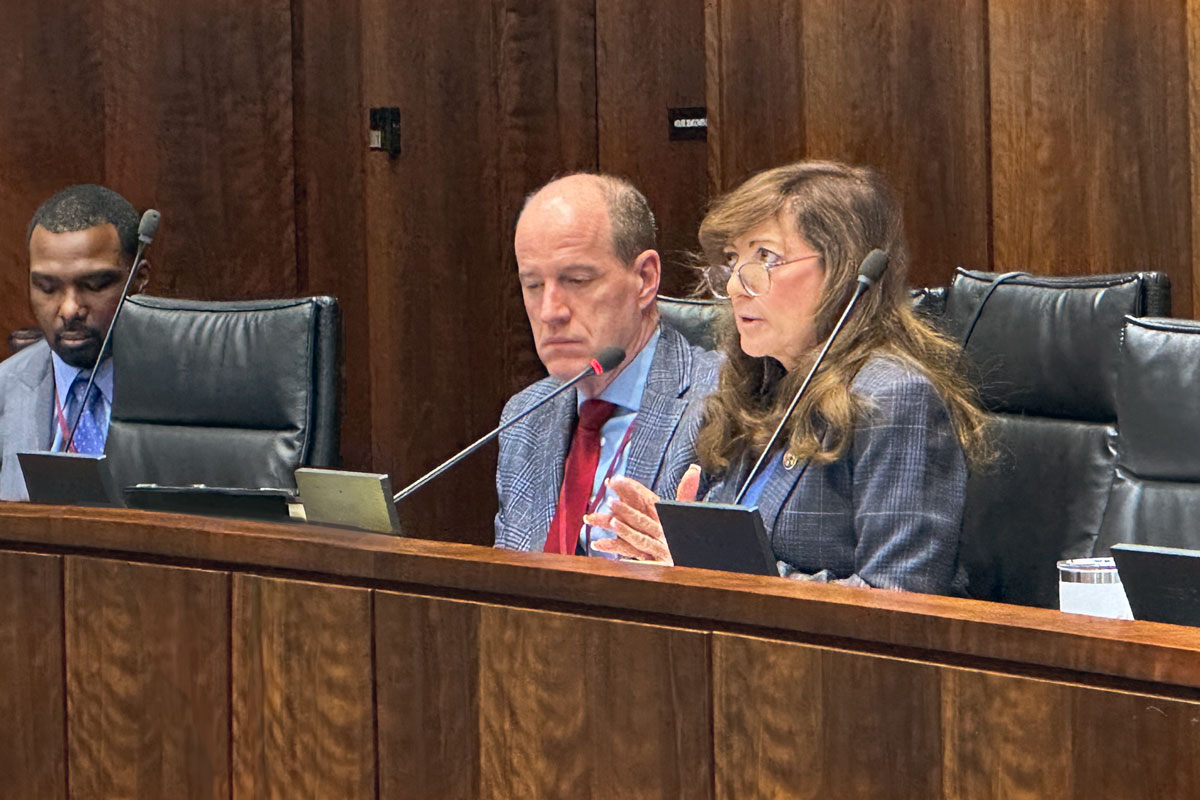 Terminally ill woman, mom whose son died after using law in CA, community members testify about legislation
Terminally ill woman, mom whose son died after using law in CA, community members testify about legislation
CHICAGO – Family members and advocates of terminally ill adults who support access to medical aid in dying gathered Friday alongside Assistant Senate Majority Leader Linda Holmes to present her End-of-Life Options for Terminally Ill Patients legislation to the Senate Executive Committee.
Holmes has been collaborating on the legislation since early 2024 with the Illinois End-of-Life Options Coalition, which includes Compassion & Choices Action Network Illinois, Illinois Now, ACLU Illinois, doctors, clergy and family members. They were joined by individuals with firsthand experience as patients or relatives of terminally ill adults to express their support.
“This can be an emotional issue, and many fallacies circle around medical aid in dying; I encourage those with misgivings to read the legislation in full to see its criteria and the safeguards that would protect patients, medical professionals and relatives,” Holmes (D-Aurora), chief sponsor of the bill, said.
Opponents include advocates for people with disabilities, who fear they could be exploited or scammed. In Oregon, the first state to enact medical aid in dying, there have been no substantiated cases of abuse or coercion since it took effect in 1997, according to the ACLU.
Read more: Holmes continues work to educate public on medical aid in dying proposal
Car seats, cribs for new moms would be covered by insurance under Belt measure
- Details
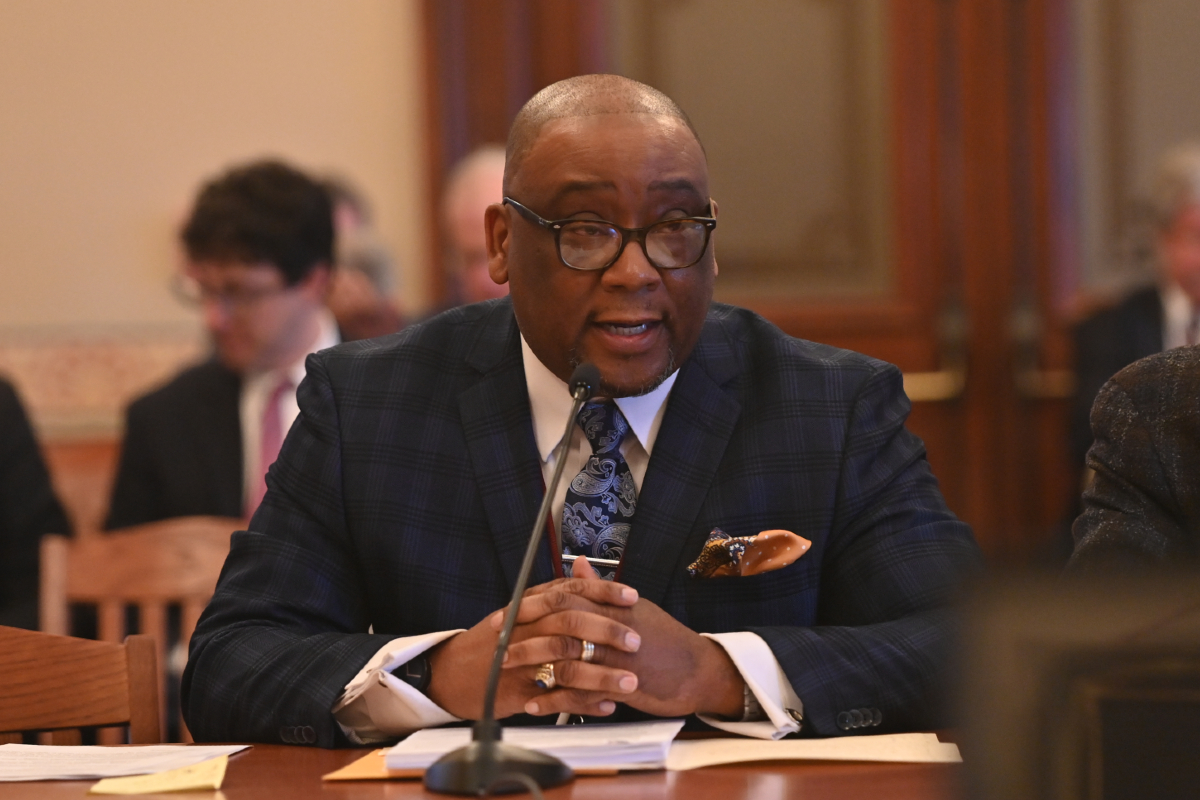 SPRINGFIELD – State Senator Christopher Belt introduced a new measure to alleviate some costs for new mothers in Illinois by requiring all health insurance plans to cover car seats and cribs.
SPRINGFIELD – State Senator Christopher Belt introduced a new measure to alleviate some costs for new mothers in Illinois by requiring all health insurance plans to cover car seats and cribs.
“New moms are shelling out a couple hundred bucks to purchase cribs and car seats, which is essentially a hidden tax on becoming a parent,” said Belt (D-Swansea). “Every mother in our state should be afforded the luxury of keeping their child safe in their home and on the road.”
Read more: Car seats, cribs for new moms would be covered by insurance under Belt measure
Illinois Legislative Latino Caucus shares their key priorities after governor’s budget speech
- Details
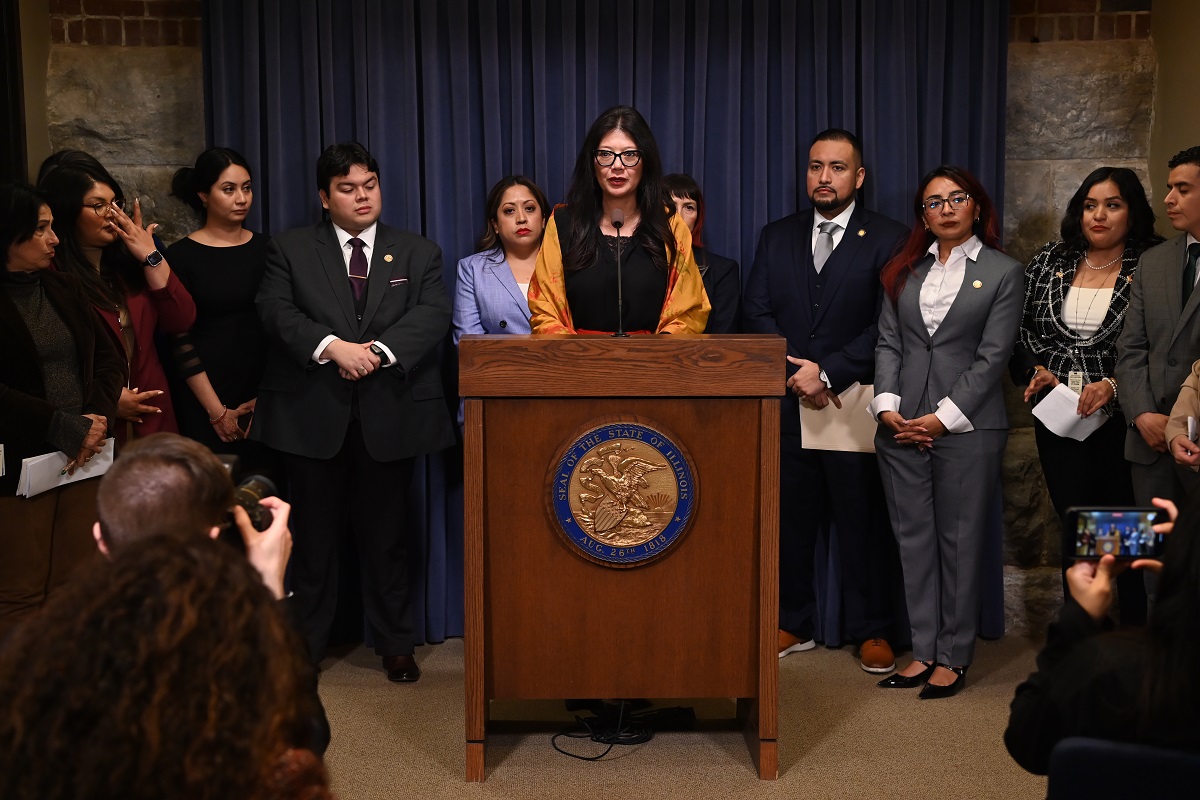 SPRINGFIELD – Members of the Illinois Legislative Latino Caucus have reiterated their commitment to advocating for Latino communities as they confront rising concerns about their future.
SPRINGFIELD – Members of the Illinois Legislative Latino Caucus have reiterated their commitment to advocating for Latino communities as they confront rising concerns about their future.
“By prioritizing investments that support the needs of our community we are standing our ground to strive toward an environment where every individual has the opportunity to thrive in our state,” said Senate Latino Caucus Chair Karina Villa (D-West Chicago). “This is a sentiment we not only hold for education but also for other critical services that contribute to the well-being of our community especially health care programs that provide services to immigrant adults and seniors like HBIA and HBIS, welcoming centers, reproductive care, community health navigators and free and charitable clinics.”
“We all know that a budget is a moral document, it tells us what our state values are, who it prioritizes, and who it leaves behind,” said House Caucus Chair Norma Hernandez (D-Melrose Park). “It is our duty to make sure that our communities are not just an afterthought, not just a talking point, but a driving force in shaping the state’s future.”
Illinois Legislative Black Caucus calls for stronger investments in education, economic development and public safety
- Details
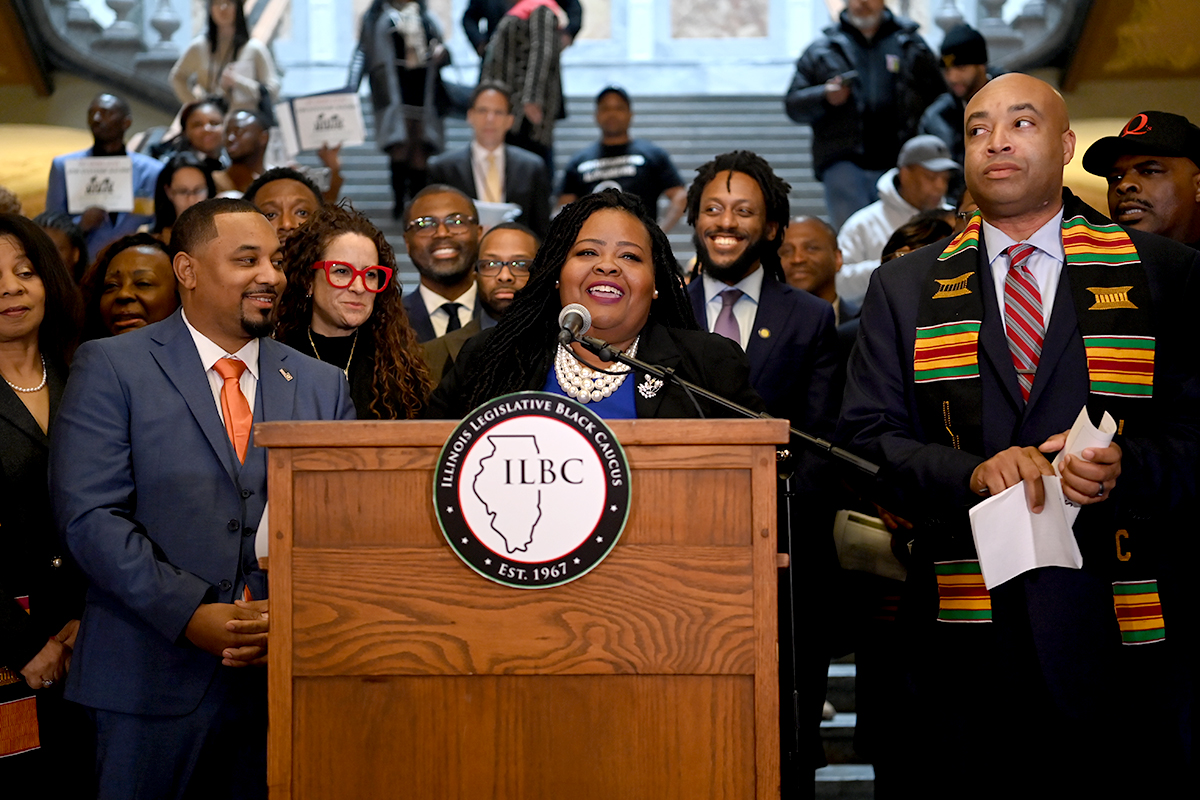
SPRINGFIELD – Following Governor JB Pritzker’s annual budget address, the Illinois Legislative Black Caucus reaffirmed its commitment to addressing systemic inequities by calling for greater investments in education, workforce development and public safety.
"While our nation is deeply divided, Illinois remains one of the few states that is primed, energized and prepared for the challenges ahead," said State Senator Lakesia Collins (D-Chicago), Illinois Legislative Black Caucus joint chair. "We can only prevail against these challenges by enhancing the diversity of our legislative process and protecting the core values that bring us together."
Members of the Black Caucus emphasized the need for targeted funding to expand academic opportunities for low-income and minority students, increase access to trade programs in communities of color, and enhance public safety efforts, particularly in areas disproportionately affected by gun violence.
More Articles …
Page 108 of 735


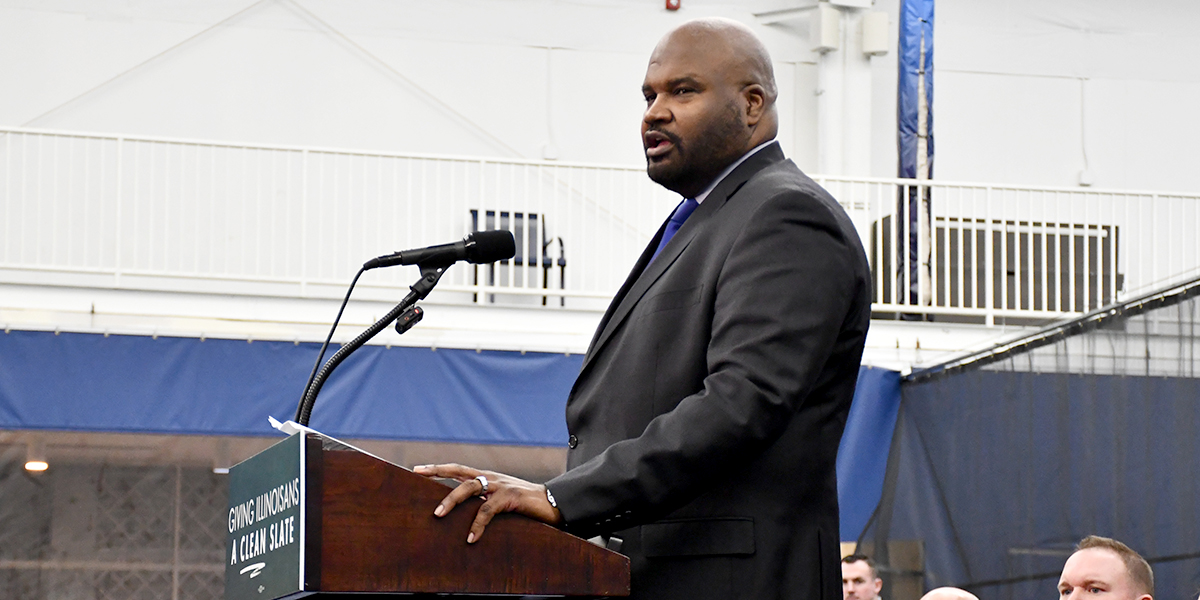
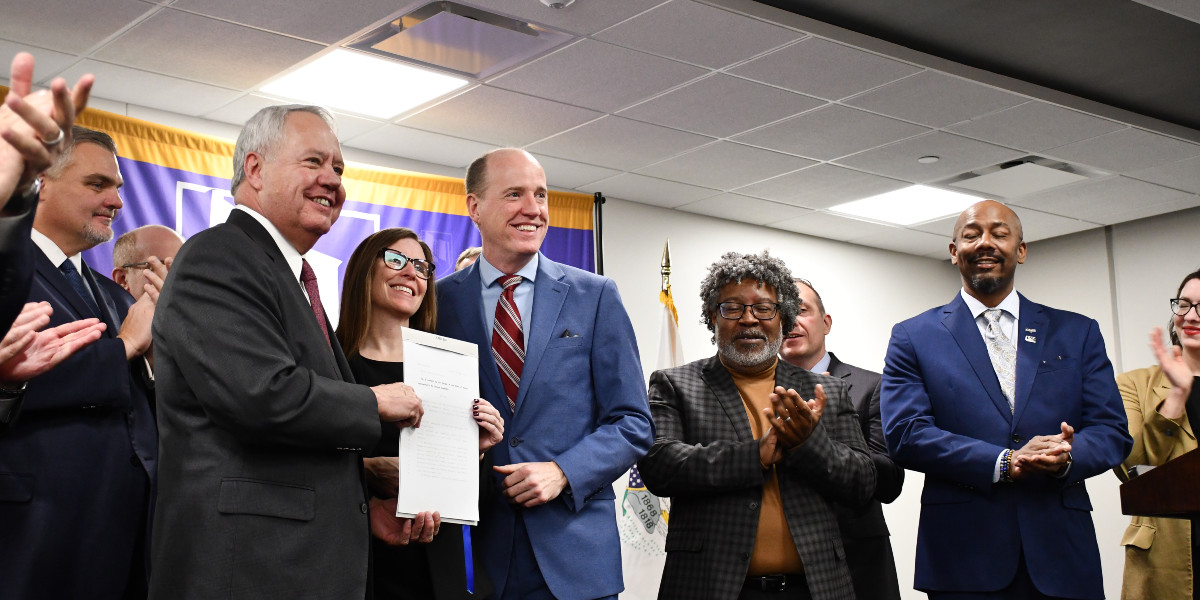
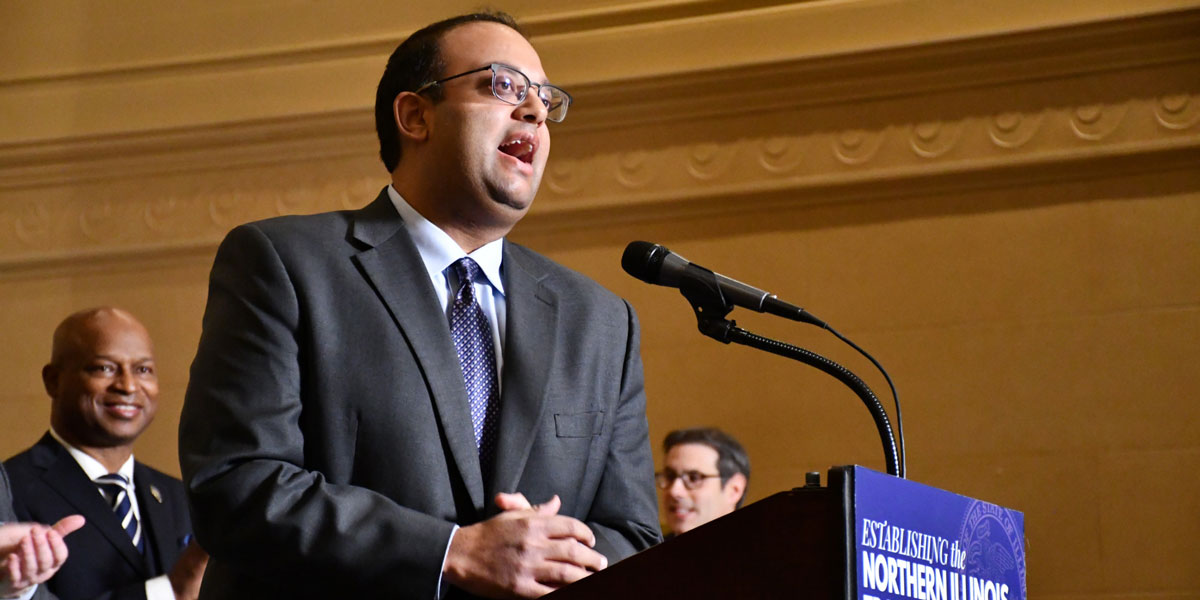
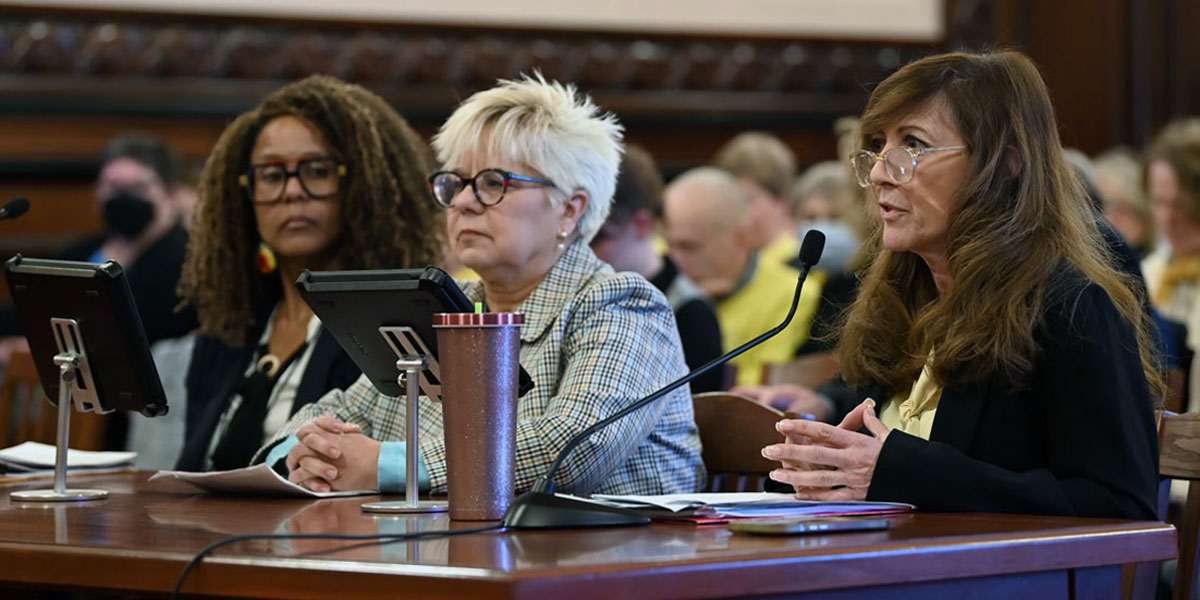


















 © 2026 Illinois Senate Democratic Caucus
© 2026 Illinois Senate Democratic Caucus